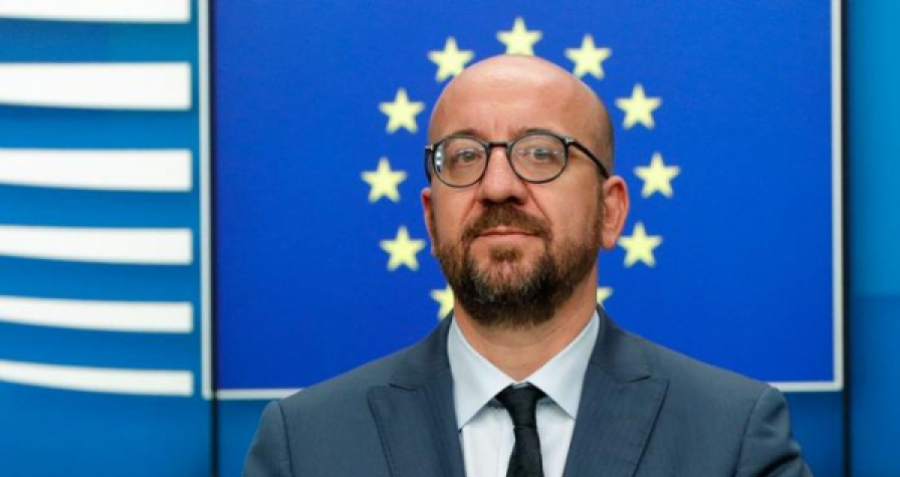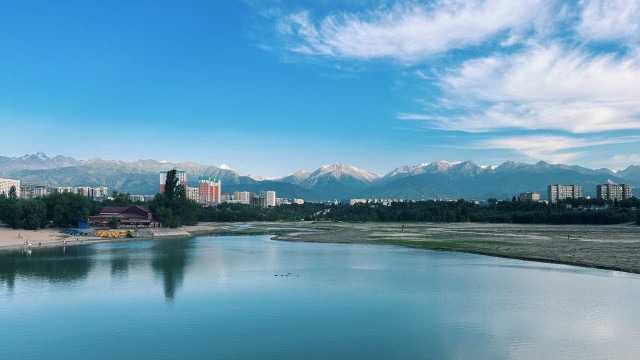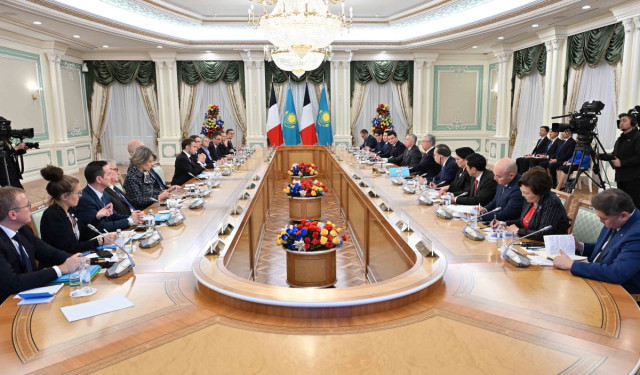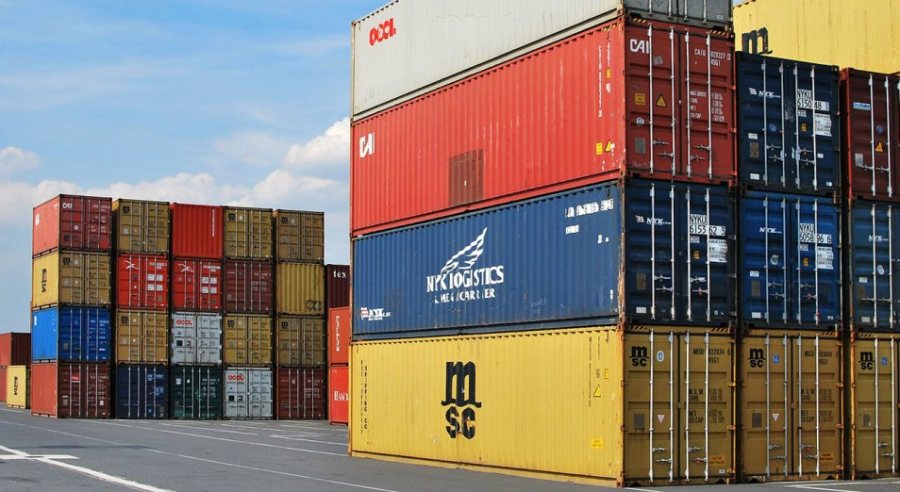President of European Council arrives in Kazakhstan

Trade turnover between Kazakhstan and the EU reached US$26 billion in eight months of 2022. And more than US$160 billion dollars have been invested in the country’s economy over the past 30 years. That was announced at the meeting between Kassym-Jomart Tokayev and the President of the European Council Charles Michel, who paid an official visit to Kazakhstan. The parties agreed to increase investment potential.
Green economy, energy efficiency, food security, transport and logistics development – those are the issues that were discussed during the meeting. The Kazakh President noted that bilateral ties in these spheres were positively assessed. The presidents agreed to further strengthen, deepen and expand the cooperation in the years ahead.
“First of all, we took into account a great potential for cooperation between Kazakhstan and the EU in such areas as the transportation of key raw materials and green energy. In addition, the importance of developing international transport routes to facilitate global production of supply chains was mentioned as well. This is particularly important in the current geopolitical conditions. Also, we considered the possibility of using the Trans-Caspian International Transport Route by the European Union,” President Tokayev said.
Kazakhstan has always been attractive for the European Union as a corridor to Central Asia. And in the current geopolitical situation, Kazakhstan is also appealing as a transport hub.
“One year ago, we met in person in Brussels, and since then, on a regular basis, we are in close contact in many fields where we can work together. We think that climate changes are important common responsibility, and certainly we have the occasion to address all the topics related to this,” Charles Michel noted.
Kassym-Jomart Tokayev and Charles Michel got acquainted with the project of establishing a green hydrogen production and distribution center in the Mangystau region. The EU intends to build a wind and solar power plants in the area. Cooperation between German and Kazakh universities for training of personnel is also envisaged. Besides, it is planned to build infrastructure with funds provided by investors, as well as to pay social obligations for the socio-economic development of the Mangystau region.









